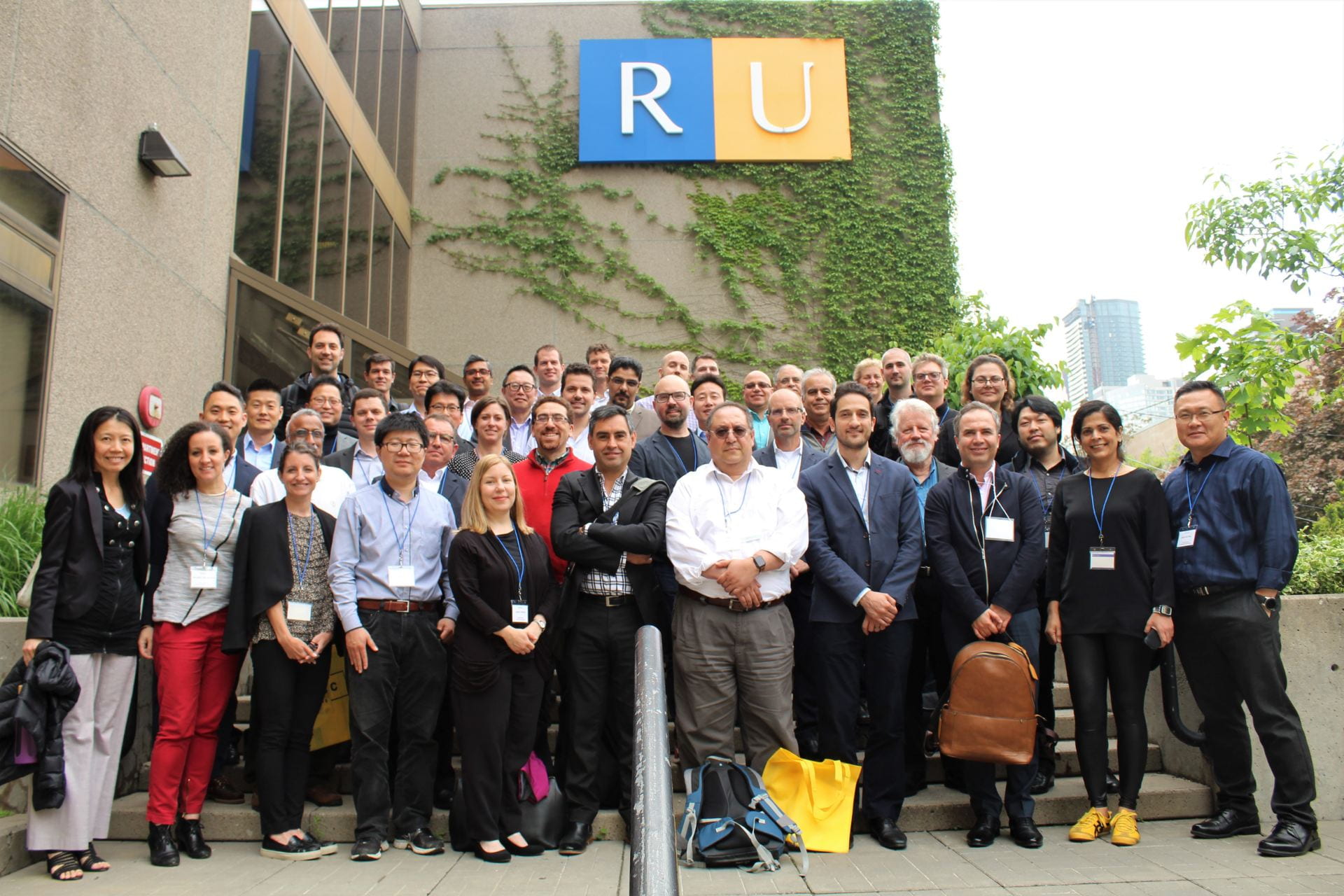Summary
Buildings account for 52% of total energy use and contribute to 37% of greenhouse gas emissions in the U.S., while modern people spend more than 90% of their time indoors. Due to these significant environmental and human physiological factors, environmental sustainability research has been actively conducted for several decades in many academic fields, using buildings as a major research framework. However, despite the role of architecture and architectural design in a building’s sustainability profile, most building performance-related research has relied heavily on system and computational process-centered approaches that do not integrate qualitative human and design research parameters. In addition, many Architectural programs in the U.S., where minorities (i.e., females) account for over 50% of the faculty and student populations, have had a cultural preconception of “no-research-needed” in professional schools and develop their curricula with little consideration of the merits of fundamental or applied research. Such a skewed intellectual atmosphere may isolate Architectural scholars from “major” research initiatives, and limit the advancement of Architectural research and the development of essential research infrastructure in Architecture schools across the U.S. This lack of research advancement delays an Architectural faculty’s research career pathway and forecloses educational opportunities in Architectural research among their students.
To address these challenges, we organized a national workshop to engage Architectural researchers who are pursuing (or are interested in) Architecture/building-related environmental sustainability research. This workshop 1) provided a networking opportunity that helps Architectural faculty have in-depth discussions on how to promote an Architectural research framework, with specific research parameters, across the disciplines in Architecture; 2) identified the challenges and drawbacks that affect a faculty’s research career success in Architecture and that also create a limited involvement of Architectural students in an art/design-integrated STEM research activity; and 3) explored potential cutting-edge Architectural research paradigms and topics in the environmental sustainability research field.
This workshop was held on May 28 and 29, 2019 at Ryerson University in Toronto, Canada. The workshop invited successful research leaders as keynote speakers in Architecture, Professor Vivian Loftness (Carnegie Mellon University), Dr. Lawrence Bank (Georgia Institute of Technology), and Julian Wang (Penn State University) and, also as luncheon speakers, in industry, Dr. Brandon Tinianov (VIEW, Inc.) and Mr. Jaeyoung Choi (G-SMATT America Co.). These keynote and luncheon speakers shared innovative sustainability research efforts that are actively integrated with Architectural elements and that have also successfully restructured organizational curricula to support research inquiries. The program also accommodated a Pecha-Kucha type presentation on future Architectural research paradigms, round-table sessions on proposal-writing, career-panel discussions, interdisciplinary brainstorming, and informal breaks for networking opportunities.
